Please check Moodle weekly for updates.
Updated 30 Dec. 2009
How is energy harvested, stored and transformed, then used or abused? What impacts do human energy systems have on Earth's environment and climate, and why? What is the appropriate environmental agenda to address global climate change in the 21st century? These are some questions that motivate our two-quarter program. Students will be empowered to carry out significant research, from the planning phase to execution and presentation phases. We will gain a deeper understanding of issues involved in achieving a sustainable energy society.
We will explore the status of energy recovery, use, and regulation in light of the science of global climate change through skill building and background study, as well as student research projects. We will also learn the physics of climate and energy, applying fundamental principles to both natural and human-made systems. One of the goals of the program is to illustrate the power and beauty of physics and mathematics in the context of energy systems. The program will feature diverse workshops, from research planning and possibly grantwriting, to hands-on and analytical environmental physics workshops, and basic statistical methods for data presentation, including web-based communications.
|
Weekends (on your own time) |
Monday
class
|
Wednesday (on your own time) |
Thursday
class
|
1:00 - 3:00 in
Sem2 D1105
|
Teamwork, research, and assignments
Essays due Fridays, Responses due Sun.
Post PIQs
|
Lectures, discussions, etc. |
Office Hours in 3270 Lab II (usually 3:15)
Teamwork, research, and assignments,
Post PIQs
|
Lectures, Brief Reports, etc.
HW due before class starts |
3:00 - 5:00 in
Sem2 D2107 |
Team research updates, workshops, etc. |
Seminar
|
|
Weekends |
Monday
class
Sem2 D1105 |
Tuesday
class |
Wednesday |
Thursday
class
Sem2 D1105 |
1:00 - 3:00
(or 3:30 on Tuesday) |
team work and assignments
(on your own time) |
Lectures, etc. |
Workshops LC 1107C |
teamwork on
your own time
Post short report on yesterday's Plato Lecture. |
Lectures, etc. |
| 3:00 - 5:00 or 5:30, Sem2 D2107, D2109, or LH I |
Seminars
Sem2, D2107, D2109 |
|
Seminars
Sem2, D2107, D2109 |
Note: "LC" is the Longhouse.
Students will attend the Plato Lecture Series on Modeling Global Climate Change as part of your credit for ES & CC (Energy Systems & Climate Change).
| Fall TEXTS |
** Starred books are those for which you must acquire your own copy, and bring to class when listed on the syllabus . Make sure you have them well in advance. Sharing will not work, sorry. |
| ** State of Fear, by Michael Crichton |
Read this fictional work over the summer for our first fall seminar. It's a real page turner. You may find it both maddening and motivating. |
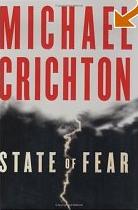 |
| ** Energy, Environment, & Climate, by Rich Wolfson |
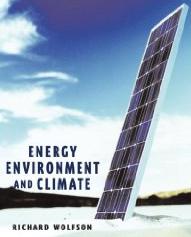 |
** State of the Planet and other articles from scientific journals |
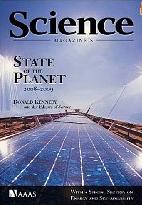 |
** Field Notes from a Catastrophe, by Elizabeth Kolbert |
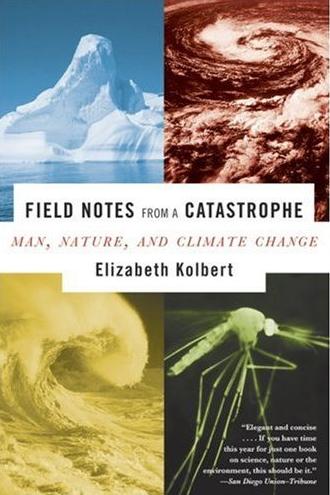 |
| ** Deep Economy, by Bill McKibben |
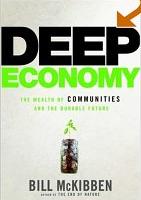 |
** Big Coal, by Jeff Goodell |
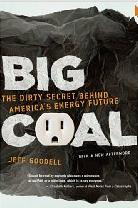 |
** Lives per Gallon, by Terry Tamminen |
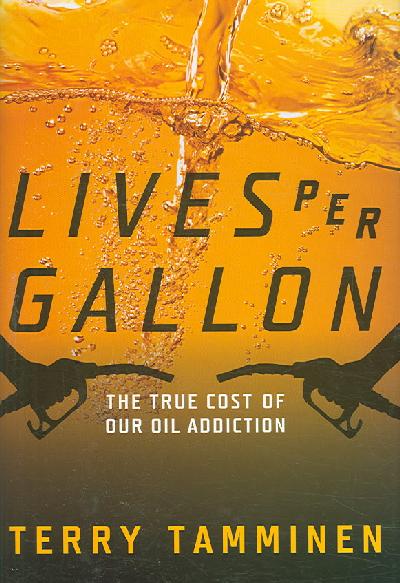 |
| ** Who Owns the Sky? Our Common Assets and the Future of Capitalism, by Peter Barnes |
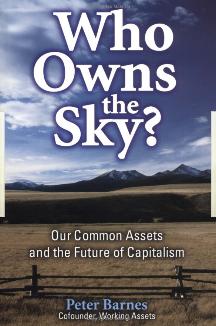 |
** Apollo’s Fire: Igniting America’s Clean Energy Economy, by Jay Inslee, Jay and Bracken Hendricks |
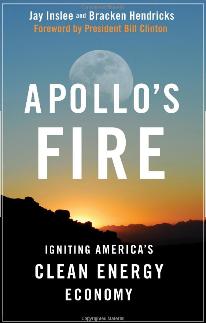 |
** Speth, James Gustave & Haas, Peter M, Global Environmental Governance |
|
Articles will generally be made available to you in class before seminars, usually on our Moodle page. |
| Finkel article on community writing and learning |
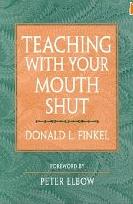 |
Carl Sagan article on critical thinking: The Fine Art of Baloney Detection (Ch.12 of Demon-Haunted World) |
Bill McKibben: The most important number on Earth, Mother Jones, Nov/Dec 2008 |
| |
Flavin, Chris, Low-Carbon Energy: A Roadmap, World watch Report (2008), 52 pp. |
National Commission on Energy Policy, Ending the Energy Stalemate, A Bipartisan Strategy to Meet America’s Energy Challenges |
| Princeton's Carbon Mitigation Initiative |
"Stabilization Wedges" article by S. Pacala and R. Socolow, 2004 |
"Solving the Climate Problem" article, by Socolow et al., 2004 |
| |
|
|
|
|
|
| Likely WINTER texts: (and more...) |
| Laboratory Earth, by Stephen Schneider |
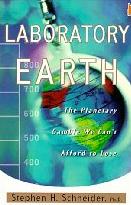 |
Hell and High Water, by Joseph Romm |
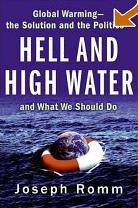 |
IPCC report, UN, 2007 |
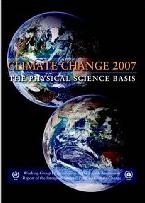 |
| An Enemy of the People, by Arthur Miller and Henrik Ibsen |
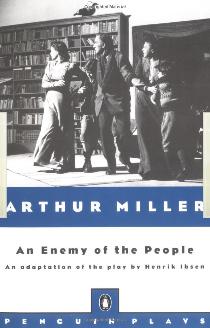 |
|
|
|
|
Questions? Contact Dr. Cheri Lucas-Jennings x6782
(email: lucasc(a)evergreen.edu) or
Dr. E.J. Zita (email: zita(a)evergreen.edu) |









